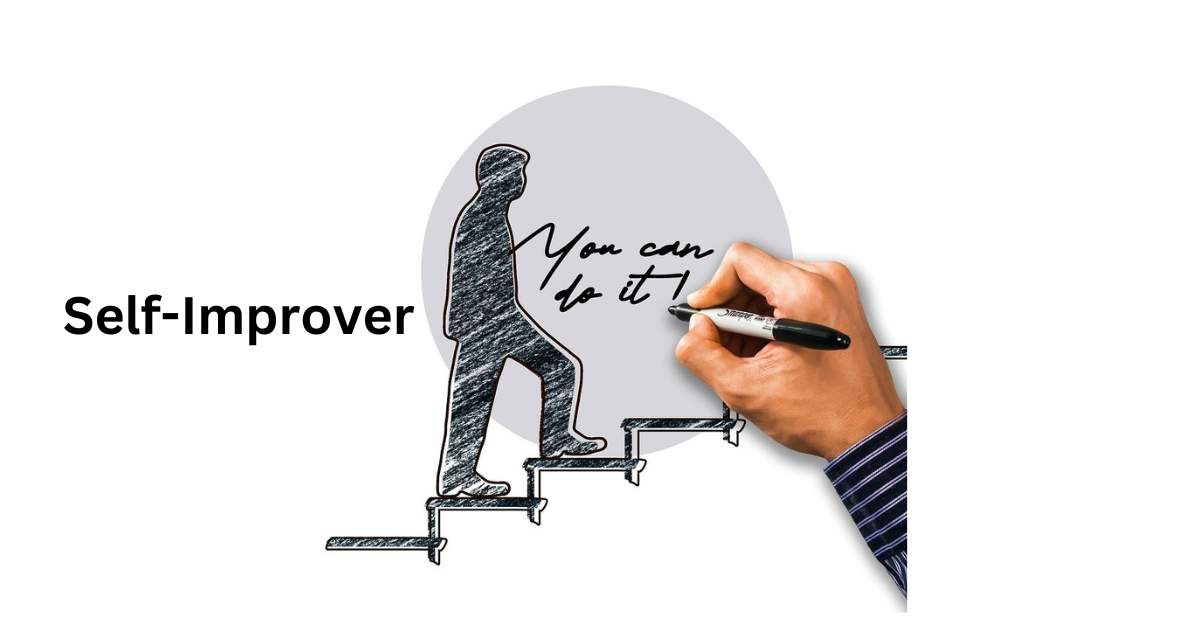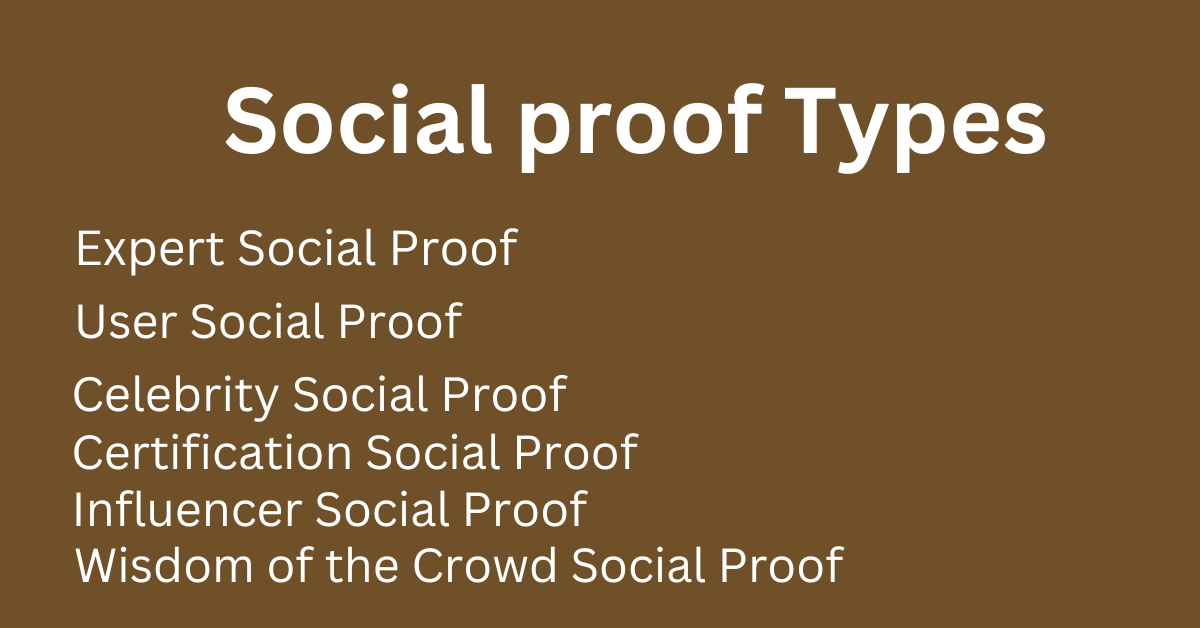What Does It Mean to Be a Self-Improver?
A self-improver is someone committed to personal growth and development. This commitment involves a conscious effort to enhance various aspects of life, including mental and physical health, emotional well-being, relationships, and professional skills. Being a self-improver means consistently seeking ways to become a better version of oneself.
The Benefits of Self-Improvement
Engaging in self-improvement has numerous benefits:
- Enhanced Self-Awareness: Understanding your strengths, weaknesses, and areas for improvement.
- Increased Motivation: Setting and achieving goals boosts confidence and drive.
- Improved Relationships: Better communication and empathy lead to healthier connections with others.
- Career Advancement: Continuous learning and skill development open up new professional opportunities.
- Greater Resilience: Developing coping strategies for stress and adversity.
10 Effective Ways for Self-Improvement
Self-improvement is an ongoing journey of personal growth and development. It entails consciously taking actions to improve different facets of your life. Here are ten effective ways to embark on this journey:
Set Clear Goals:
Define specific, measurable, achievable, relevant, and time-bound (SMART) goals. Clear goals give you direction and purpose, helping you stay focused and motivated.
Read Regularly:
Reading books, articles, and journals broadens your knowledge, improves cognitive function, and stimulates creativity. Choose materials that challenge and inspire you.
Exercise Consistently:
Regular physical activity boosts your physical health, reduces stress, and enhances mental well-being. Strive to engage in moderate exercise for a minimum of 30 minutes on most days of the week.
Practice Mindfulness and Meditation:
Mindfulness and meditation improve focus, reduce stress, and promote emotional health. Begin by dedicating a few minutes each day to exercise, and gradually extend the duration over time.
Learn New Skills:
Continuously seek opportunities to learn new skills, whether through formal education, online courses, or hobbies. This keeps your mind sharp and opens new career opportunities.
Develop a Growth Mindset:
Welcome challenges and see failures as chances to learn and develop. Having a growth mindset nurtures resilience and a positive approach to learning.
Cultivate Healthy Relationships:
Surround yourself with positive, supportive people who inspire and uplift you. Strong relationships contribute significantly to your emotional well-being.
Manage Your Time Wisely:
Prioritize tasks, set deadlines, and avoid procrastination. Efficient time management boosts productivity and decreases stress.
Take Care of Your Mental Health:
Pay attention to your emotional and mental well-being. Seek professional help if needed, and engage in activities that bring joy and relaxation.
Reflect and Journal:
Regular self-reflection and journaling help you understand your thoughts and emotions, track your progress, and identify areas for improvement.
Implementing these strategies can significantly enhance your personal and professional life, leading to a more fulfilling and balanced existence.
FAQs
How do I start my self-improvement journey?
Begin by setting clear, achievable goals and developing a plan to achieve them. Focus on building positive habits and seek continuous learning opportunities.
Can self-improvement impact my relationships?
Yes, improving yourself can lead to better communication, empathy, and understanding in your relationships, enhancing their overall quality.
How do I stay motivated in the long term?
Stay motivated by setting small milestones, celebrating your successes, and surrounding yourself with supportive and positive influences.




